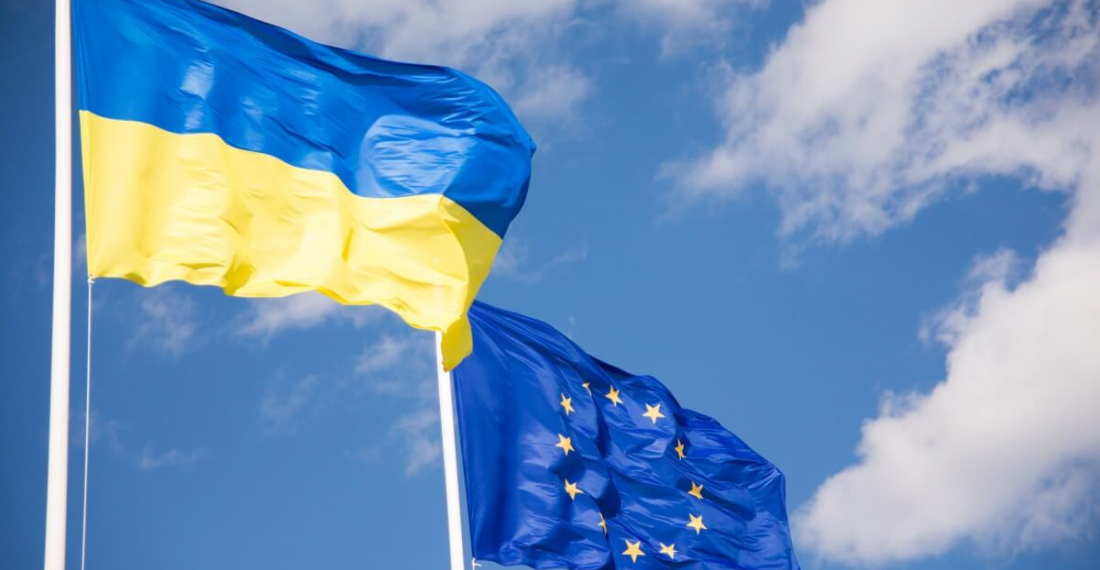On Monday (21 March) EU Ministers of Foreign Affairs agreed in Brussels on a second military support package for Ukraine. The support package is worth 500 million euros and will be financed from the European Peace Facility, an off-EU budget instrument operational since 1 July 2021, to fund emergency assistance measures.
The European Union is thus doubling the fund budget from which it pays for weapons and military equipment for Ukraine. Of the additional amount, 450 million euros will again be allocated to weapons and ammunition. The other 50 million euros will go to 'non-lethal' materials such as helmets, flak jackets and first aid kits.
European Union members who intend to support Ukraine in its defence against Russia can declare arms deliveries to the fund.
The agreement comes less than a month after the first 500 million euro support package was approved. As with the first package, 450 million euros can be spent on weapons. The remaining 50 million euros are for other means, such as equipment, medical supplies and fuel.






